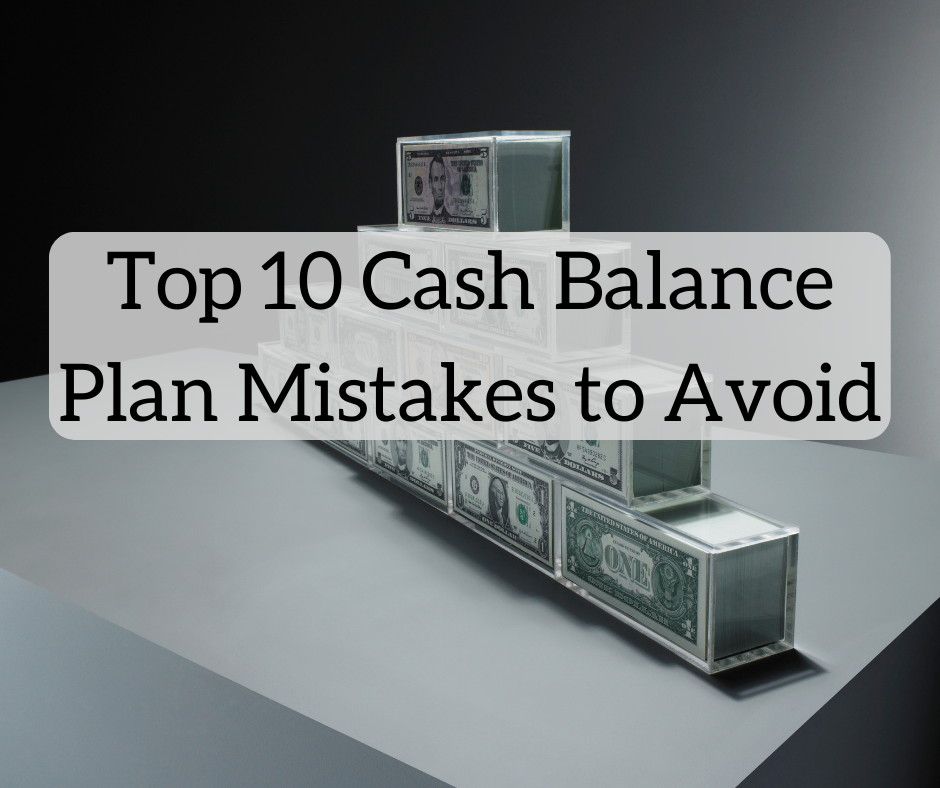A defined benefit plan is essentially a pension plan and guarantees a defined amount/rate of return, regardless of how much money/securities the plan actually has. Thus in bad markets it can be risky for the owners if their liabilities greatly exceed assets and people start pulling money out. For employed docs, the employer is on the hook for any shortfall in a defined benefit plan. So if you promised a 4% return and someone retired and had a defined benefit of $200,000 but their contributions had only grown to $150,000, the employer has to pay the extra $50,000. That’s fine if you’re 1099 and have to write a check to yourself, it’s quite another if you’re an employer and you have to cover a shortfall in the millions for a group because of bad investments, low treasury rates, etc. So big employers hate them but small traditional partnership groups typically had them since the partners would pay themselves the shortfall if they occurred.

